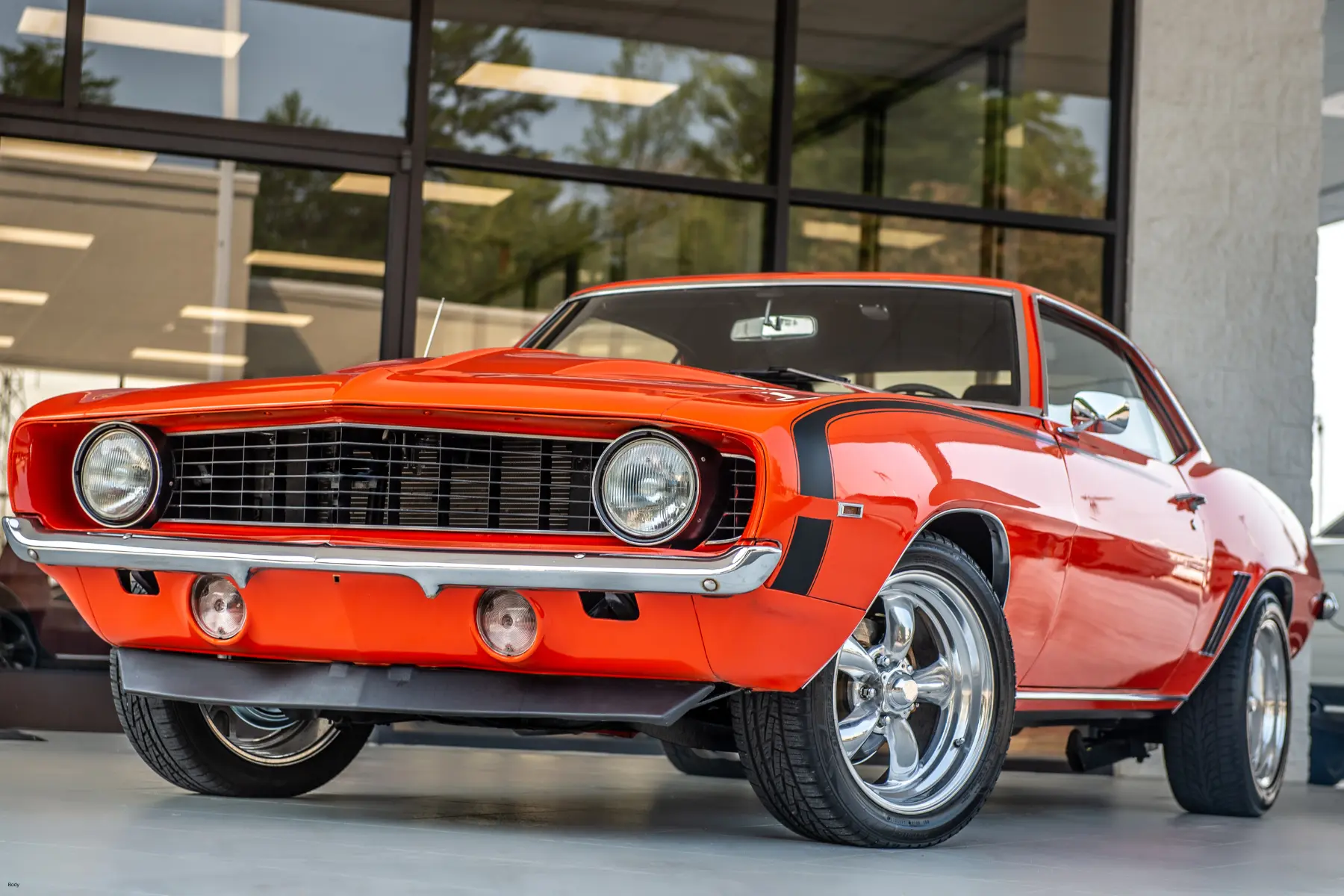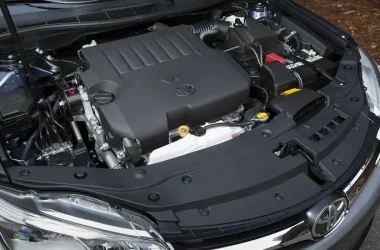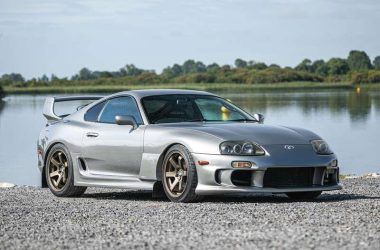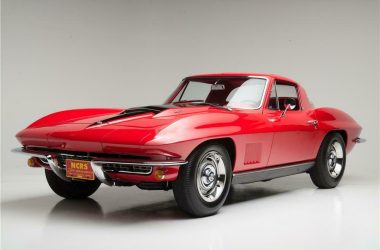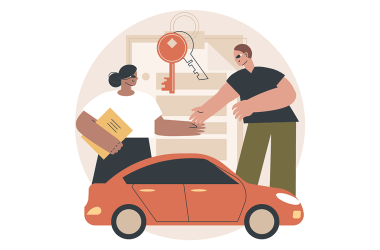There is something nostalgic about vintage cars that give their owners something they won’t find in a contemporary car. But unfortunately, having one is a different matter entirely.
However advanced or novice you may be when it comes to cars, knowing what the pros and cons of collecting old ones are will be essential to successful ownership.
The thrill of the drive
When you buy a classic car, it can be an experience of passion, history, and being different. Having said that, you must know that these cars require an alternate maintenance method since they are considered big-ticket items.
An old car driving experience cannot be had in a new one. You can take your oldie on scenic drives or drive up to the grocery store and expect to be noticed, and give a side-eye at the same time by other drivers.
When classic car owners like to know they are taking pride in having an antique, classic car ownership is a luxury. Many owners have much fun in making the car into a classic that they’d love to have back from exotic parts to lovingly repaired to developing bond with their vehicle. This is time and expense, but it does let the enthusiast perfect mechanics while finding connections with their ride. But estimating realistic amounts that include storage, insurance, maintenance expenses will help you avoid spending your life’s savings and have the most fun possible!
The enjoyment of keeping an old car.
It’s like nothing else on earth is more enthralling than driving a classic car; from the feeling of the motor in your hands, to heavy steering and opening and closing windows, classic cars offer drivers something fun. For collectors, owning antique cars is usually an investment not just in cars but in the history, craftsmanship and aesthetic pleasure of which aesthetic pleasure and pride are the results.
And don’t forget to factor in the cost of owning a classic car after you paid the first price. Repairs, storage and insurance rates are big expenditures that can be a burden on any budget.
Parts for vintage cars can be harder to procure; restorers will have to scour online marketplaces, classic car auctions or scrapyards for parts that they don’t stock locally – which increases repair expenses and can put things on hold for a while.
Spare parts supply problem.
Classic car ownership has so many non-monetary benefits, but with its maintenance and maintenance costs it may not be the best investment for first-time buyers. They can be as simple as putting in parts and cleaning the vehicle outside and inside – not for the novice collector!
You may have to purchase parts for your old vehicle that is not available in a regular car repair center. Find Spares for your classic It can take hours looking around on forums or phone shops trying to find parts for your classic.
Older cars could not have current safety equipment such as airbags and seat belts, which put both driver and passengers at a higher risk. This is why it is so critical that any old car you do buy is checked thoroughly before purchase (and especially if the seller doesn’t give you the chance to test drive it). This will give you a good idea of its running time and whether this car is what you are looking for as the right vintage car buy for yourself.
Cost of owning a classic.
It is fun to drive old cars, but might be more expensive to run. And especially older models that might be less reliable and hard to find replacement parts for. But some motor enthusiasts are happy to pay more to own such a great piece of motoring history.
So do collector car owners, who get a kick out of getting together with like-minded people at car shows and on forums to share restoration advice, memories and insights. And some even hand down their cars from generation to generation so that future generations can enjoy it too!
Cars are a beautiful part of the automobile world. Representing the design, engineering and production milestones of our field over the ages – from wood dashboards to high-gloss chrome detailing – classic cars are machines of the past that possess a nostalgic charm beyond all measure.


